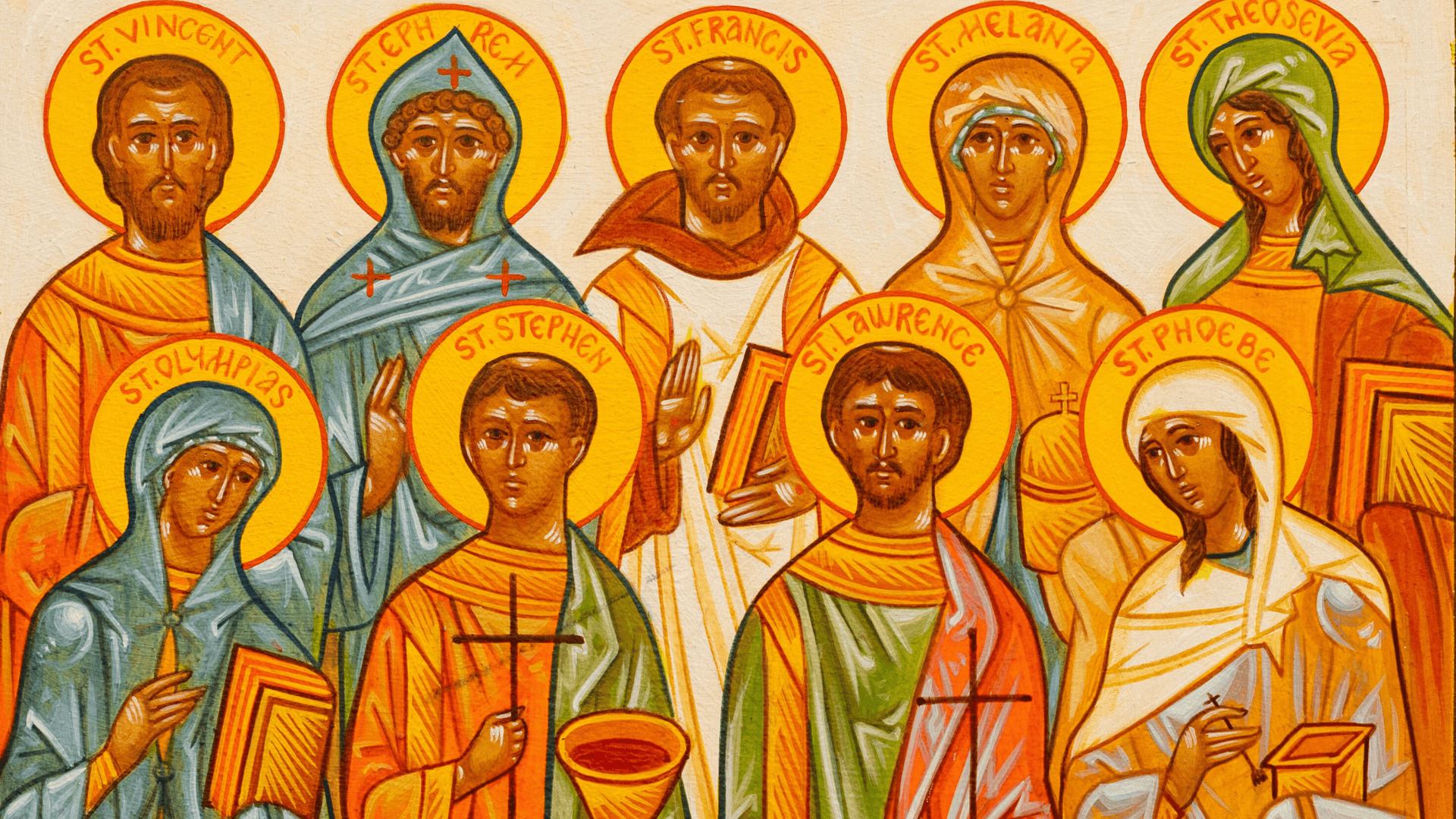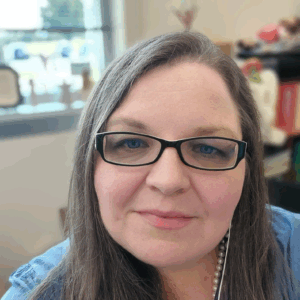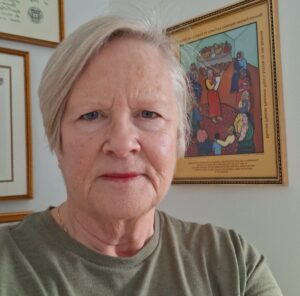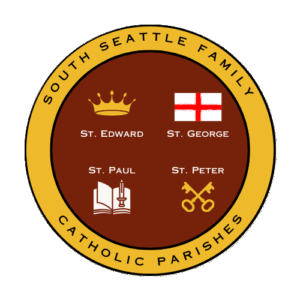Can we allow Jesus’ vision of the diaconate to unfold within us?

Pope Leo XIV recently remarked that before the Church can decide on women’s inclusion in the diaconate, we must first answer the deeper question of what the diaconate itself is. (Crux, 9/15/25)
This echoes what many deacons have told me over the years. They caution: If women were ordained, it wouldn’t necessarily mean authority or even a chance to preach. Everything depends on the priest’s understanding of the diaconate. In other words, to quote Pope Leo, deacons themselves are “not yet properly understood.”.
So what do we understand today about deacons?
My own wrestling with this question has been a spiritual and practical one. Again and again, Jesus invites me to set aside my assumptions and allow his vision of the diaconate to unfold. I’ve been praying for years that Christ would reveal what His dream of the diaconate is—not just my ideas, but the dream alive in the Church’s own tradition.
At times, I saw the diaconate as too focused on liturgical service at the altar, neglecting its equal call to charity and justice. But as I’ve studied and prayed, I see more clearly the anchoring witness within our tradition offers a powerful corrective to clericalism. From St. Stephen, the first martyr, to survivors of Dachau who called for restoring the diaconate in the modern Church: deacons are not ceremonial assistants; they are courageous followers of Christ whose witness calls the whole Church to mission.
Deacons are guided by a central question: What are the needs of the people?
And they live that question publicly, helping communities organize their many gifts to meet real needs.
That question has reshaped my own discipleship. In overwhelming times, when paralysis threatens to set in, I am starting to find clarity by asking the Holy Spirit to guide me to the needs before us.
I have started to reach out and ask our parish priests and ministry staff: How can I help? How can we accompany families facing detention and deportation? How can we support preachers to speak truth in polarized times? How can we strengthen bonds in our parish without waiting for the perfect plan or the perfect meal?
The answers are never simple, but asking the question moves me from despair to agency. We can listen. We can reorganize ourselves to respond—whether the need is material or spiritual, for food or for hope, for autonomy or belonging.
So, what is a proper understanding of the diaconate?
I believe it is God’s dream for the Church to be humble salt and courageous light—ready to ask, “What do you need?,” and to listen before offering prescribed solutions. Deacons are the ones who steward that dream into being, who animate the faithful to co-responsible action in the service of the Church’s mission.
This past September, during St. Phoebe Month, we have been gathering the fruits and sowing more seeds for a renewed diaconate, one that includes women and men. And most importantly, one that is about building bridges rather than reinforcing chasms within the body of Christ.
And now, moving forward from our St. Phoebe celebrations, I wonder how we are each called to try and live the deacon’s question–what are the needs of the people today? Ministry was never meant to be a task of priests or clergy alone. It is the work of the whole body, women and men together, proclaiming good news, burying the dead, welcoming the stranger, anointing the sick, offering shelter, bread, and fellowship that feeds the soul.
The diaconate remains Jesus’ gift to the Church and to the world.
Holy Father, Pope Leo XIV, let us steward this precious gift of the diaconate by the witness of our lives and the way in which we respond to the call to love all God’s people.


